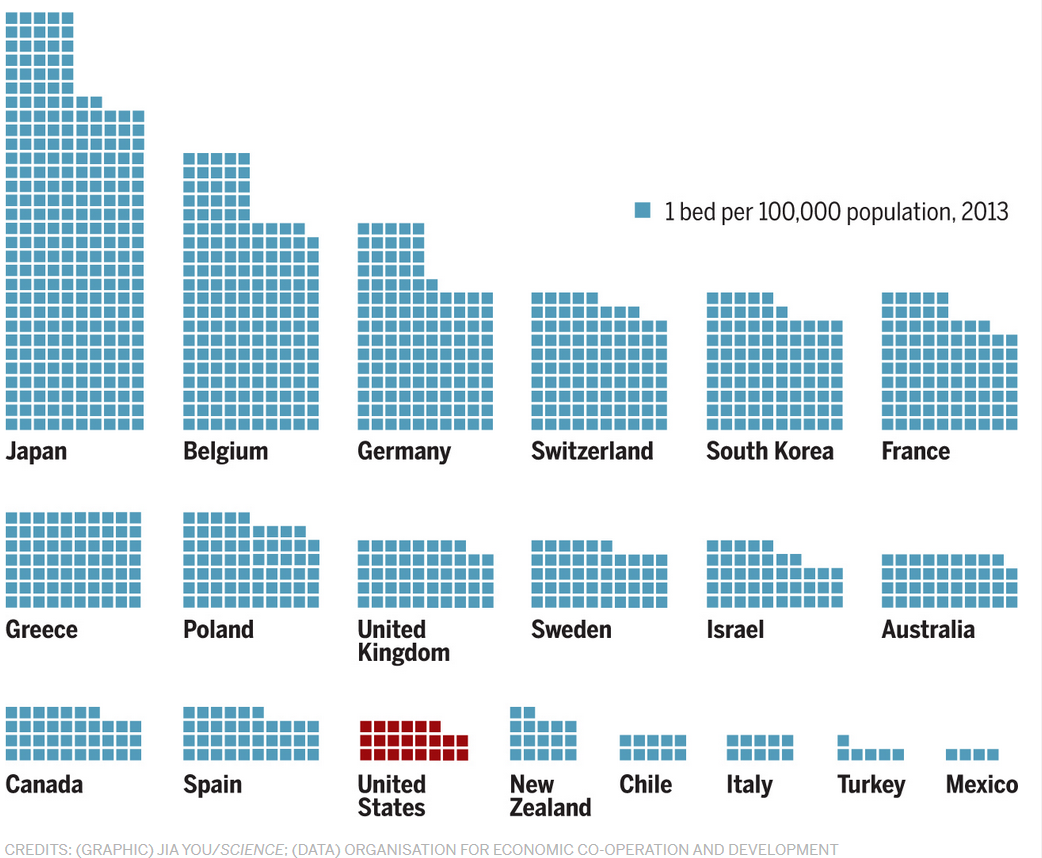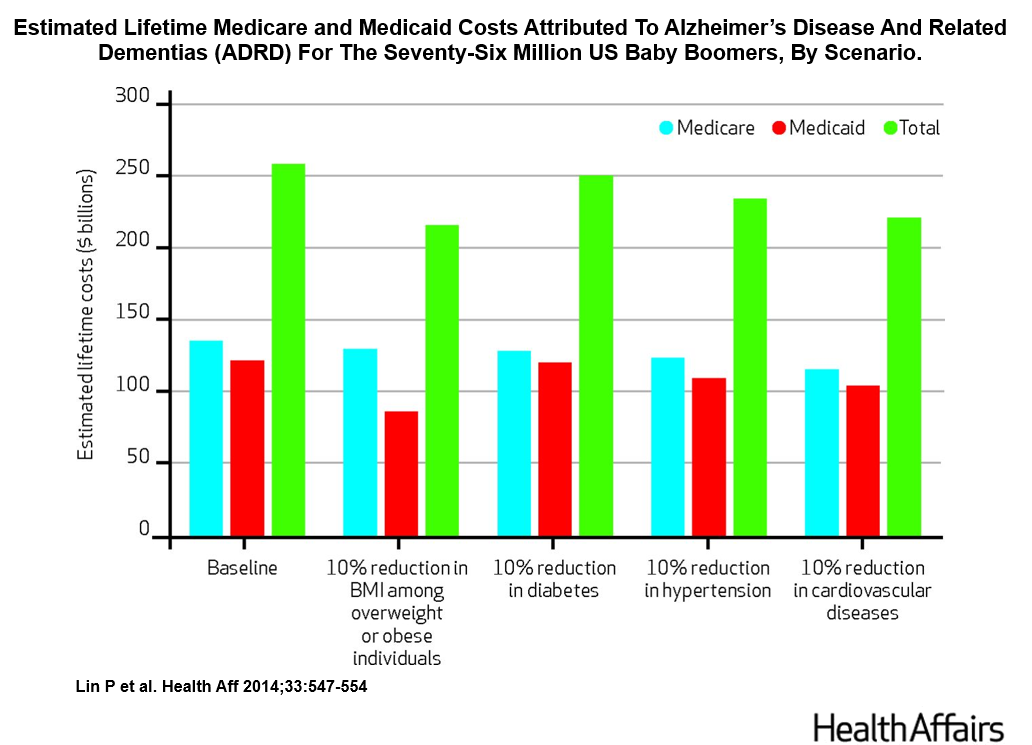Mental and Neurologic Diseases
Presentation Briana Mezuk, PhD
Read chapter 17 of the required text and consider the prevalence of the various diseases found in table 17.1. Which would you select is the most important for population intervention at this time based on what you know about any research in these areas, do not be tempted just to follow the loudest voices of the various activist groups. Consider the difference in age that the various diseases listed in this chapter are likely to occur and consider what point primary intervention might be appropriate. In many areas of healthcare mental health is some how separated from physical health,, as though the two don't occur together. During this presentation consider how much of a problem public mental health systems have become because of this separatio The problems and mixtures of chronic neurologic diseases and mental health diseases are huge so we can only present/discuss a limited presentation today, which Dr. Mezuk will provide for us.
What does the NIH think are the major neurologic disorders. be sure to scan the entire web page. Visit the NIH Neurological Disorders page. The NIH page includes links to web pages devoted to either Alzheimer's or Dementias, with lists of organizations focussing on Alzheimer's & Dementias. Then visit the NINDS Strategic plan and be prepared to discuss where you think translational research can play a role at present. Pay attention to NINDS and the Future. Also look at this workshop summary conducted by the IOM on neurodegenerative disease, Look at these prevention trials on one form of dementia.
Is epilepsy an important neurologic disease in the United States? Consider its role with other Chronic Diseases.
Visit CDC's The State of Mental Health and Aging in America (click on the link to Chronic Disease & MH, 2nd link in MH Info)) and The Healthy Aging DATA Report, In the related resources block click on the "Spotlight topics". Did you find the Map useful? Note that this website is more about people's feelings about their own mental health. Look at this short review of the Ills of Mental Health, How often have you heard in any of the media about the need to fix local state and national mental health systems?.Note below the disparity in beds for mental health problems in the US versus every other advanced country.It is worth noting that Japan has probably had more experience in dealing with the aged and performance problems with the aged than other countries.

Then look at Care giving for Alzheimer’s Disease or other Dementia. One of the issues with Alzheimer's disease is lack of adequate diagnostic criteria to allow specific interventions, look at this short discussion on biomarkers for Alzheimer's disease. Also, look at this review from the "scientist", on whether amyloid plaques are the real issue of whether it is something else. Also can we look for familial Alzheimer's disease. You will continue to hear activists talk about the value of vitamins but research is only marginally supportive. Use the TML library to review the articles in the April Issue of "Health Affairs" which is devoted to Alzheimer's disease. Also look at this comment in a recent issue of the Lancet
The characteristics of family caregivers for Alzheimer patients is important as shown below. Their availability may prevent institutionalization of patients. Many are family members not home care hirers
what are
Challenges in Surveillance of Dementias in New York State: Focus on the section on the public health importance of Alzheimer’s diseases and other dementias
Examine the Healthy People 2010 and 2020 Objectives for Mental Health and determine whether there is any focus on dementias
Can you find out the proportion of Nursing Home residents with dementias?
Visit the Alzheimer’s organization web page. Then look at the facts and figures, as well as the related dementias.
Visit the Alzheimer’s facts & figures, (click on the quick facts link and costs to the nation)t with particular attention to the sections on prevalence and Healthcare costs.
Can you find other evidence of genetic risks for Alzheimer's or other depressions.Take a look at this interview in the March 7 issue of JAMA for this year in discussion of where we are in Alzheimer's research and where we have to go and how difficult the research on this topic is likely to be. It would probably be just as difficult take all the resources or more that we put into the Framingham studies
Look at CDC's ATSDR and review its new ALS Registry, and consider how the registry can lead to better epidemiology and translational research,
.Once you have digested all the above take a look at this analysis from the BMJ and consider, in view of the organized separation of mental health and medical illnesses in the United States,, and whether there should be more integration of the two forms of care. Also look at this review on the relationship between genomics and autism the considering all the heat generated by activists about causes of autism, such as failed links to measles vaccine. Review this update on autism with attention to the epidemiology and risk factors. You may want to view this TED talk on causes of autism.

